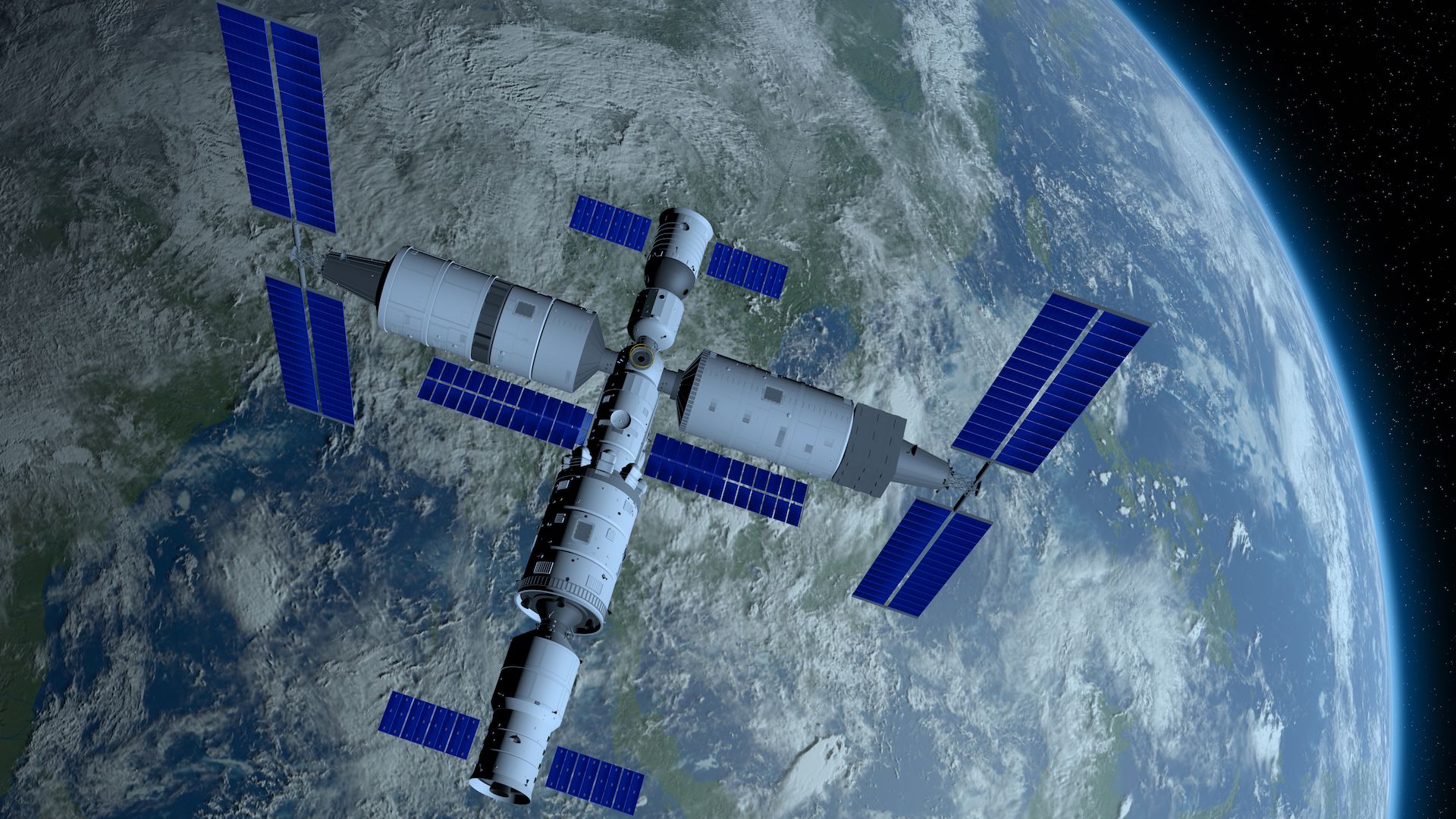According to the European space station’s director general, despite having prepared astronauts for potential visits to China’s Tiangong space station, Europe will not be sending astronauts to China’s space station in the near future.
The European Space Agency manages Europe’s space programme, and its astronauts have been training alongside their Chinese counterparts. It stated in 2017 that the goal was to fly European astronauts on the Chinese space station starting in 2022.
The current international space station is slated to retire in 2030. It involves five members, the U.S., Russia, Japan, Europe, and Canada, but Russia is going to pull out in 2024 to set up its own space station, NTD reported.
Though China invited a lot of countries to join research activities in its space station, the US did not sign on. According to Beijing, the space station would host scientific projects from seventeen nations, including Switzerland, Poland, Germany, and Italy.
According to a recent Indo-Pacific Center for Strategic Communications (IPCSC) report, NASA Administrator Bill Nelson has warned that China could claim resource-rich regions of the moon as its own as the country intends to gain economic benefits through space exploration.
According to the IPCSC report, China’s efforts to use its space program to transform itself into a military, economic, and technological power will soon reshape the world order.

China in 2020, announced its plans to establish an economic zone with an output value of USD ten trillion. Nelson expressed concern to Politico on January 1 that China would build scientific research facilities in a desirable area of the moon and then claim sovereignty over it. China built a space station orbiting the Earth last year and conducted several missions around the moon to collect samples.
Beijing also intends to construct an autonomous lunar research station near the moon’s south pole, with construction set to begin in 2025, according to IPCSC. China is attempting to win the space race for economic and strategic reasons.
Nina Armagno, Chief of Staff of the US Space Force, on November 27, 2022, told the Australian Strategic Policy Institute that she was concerned that China would catch up and overtake the US and possibly militarise space.
According to Armagno, China is developing military space technologies such as satellite communications and reusable spacecraft, such as China’s Long March 8R, and Long March 9, as well as suborbital and orbital spacecraft.

